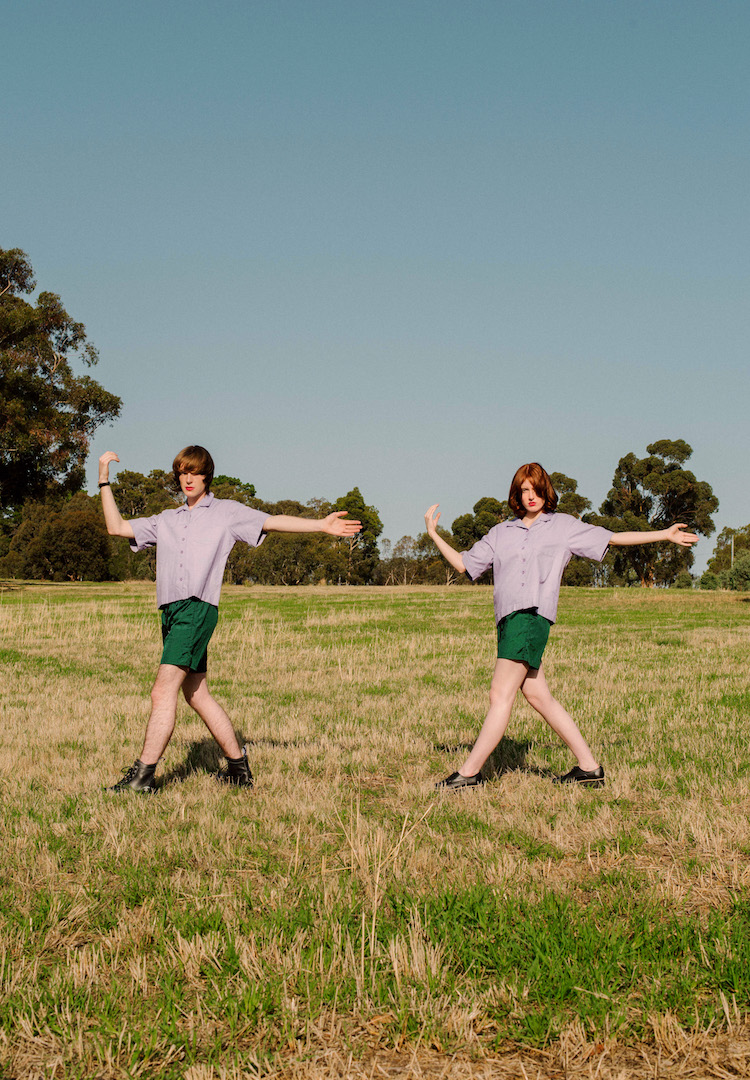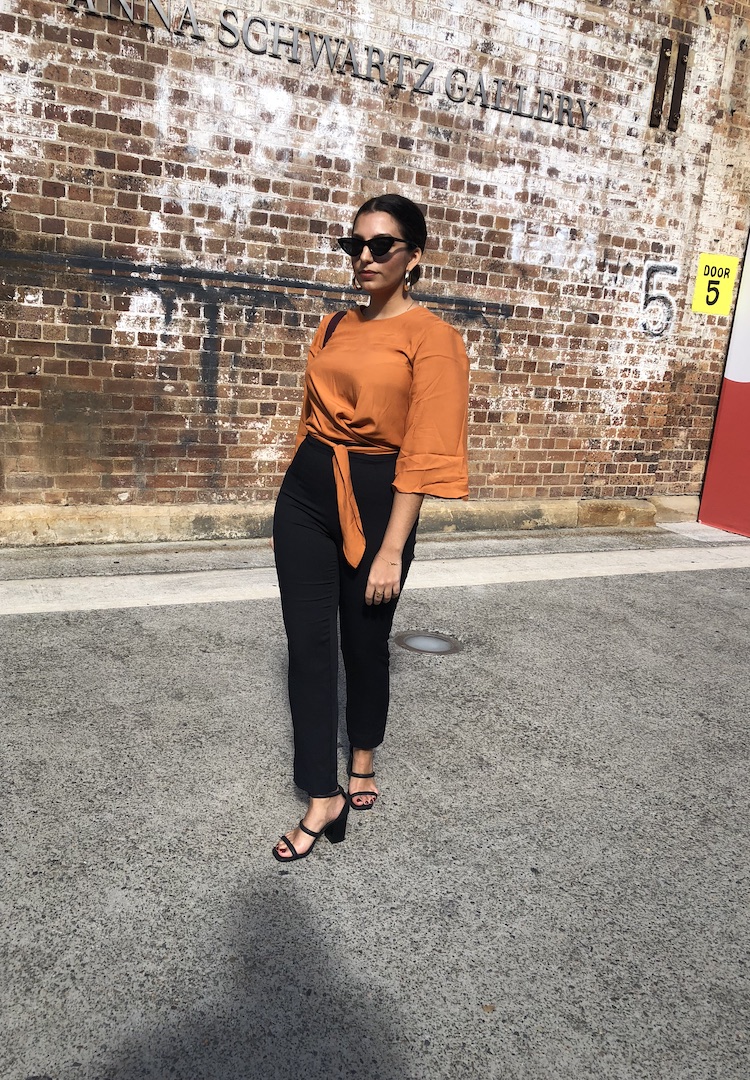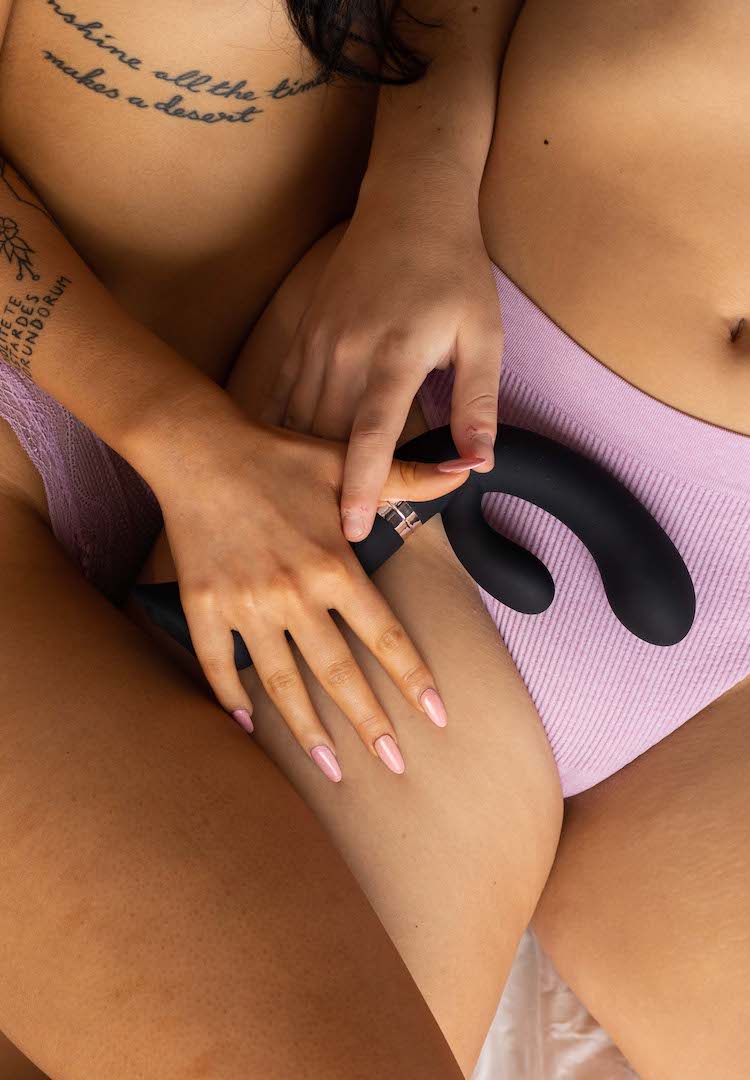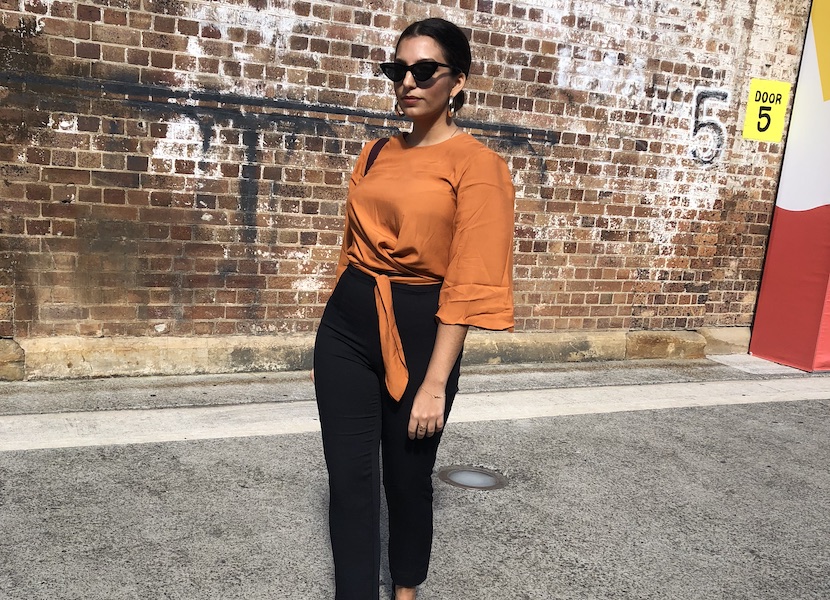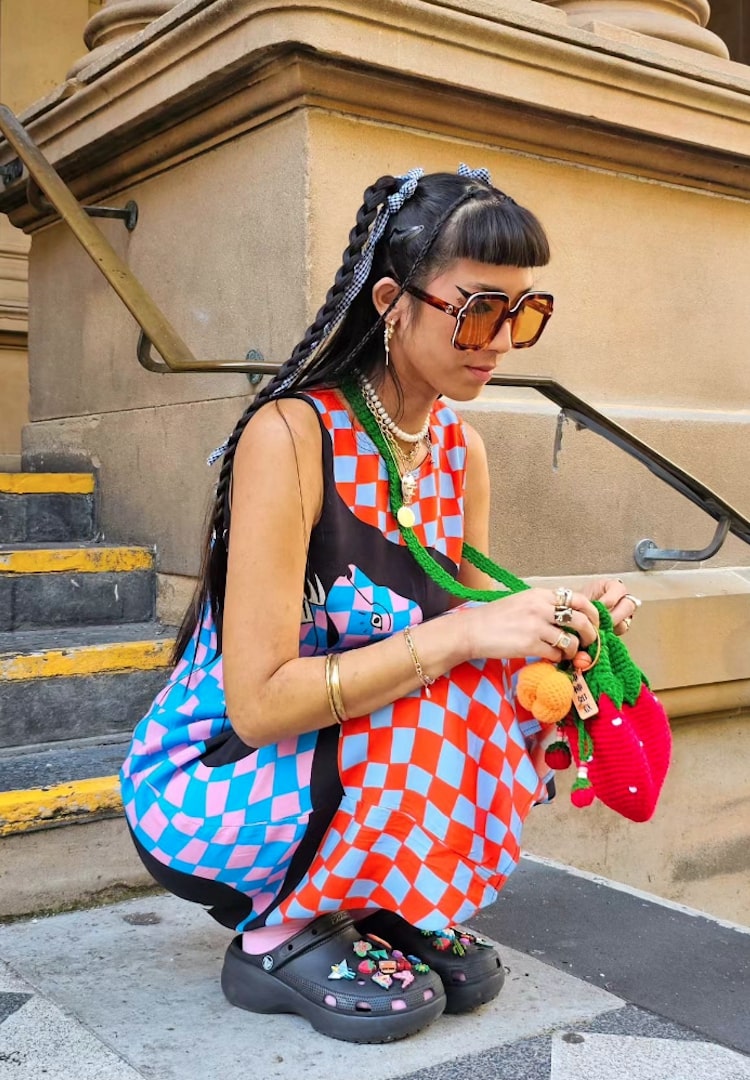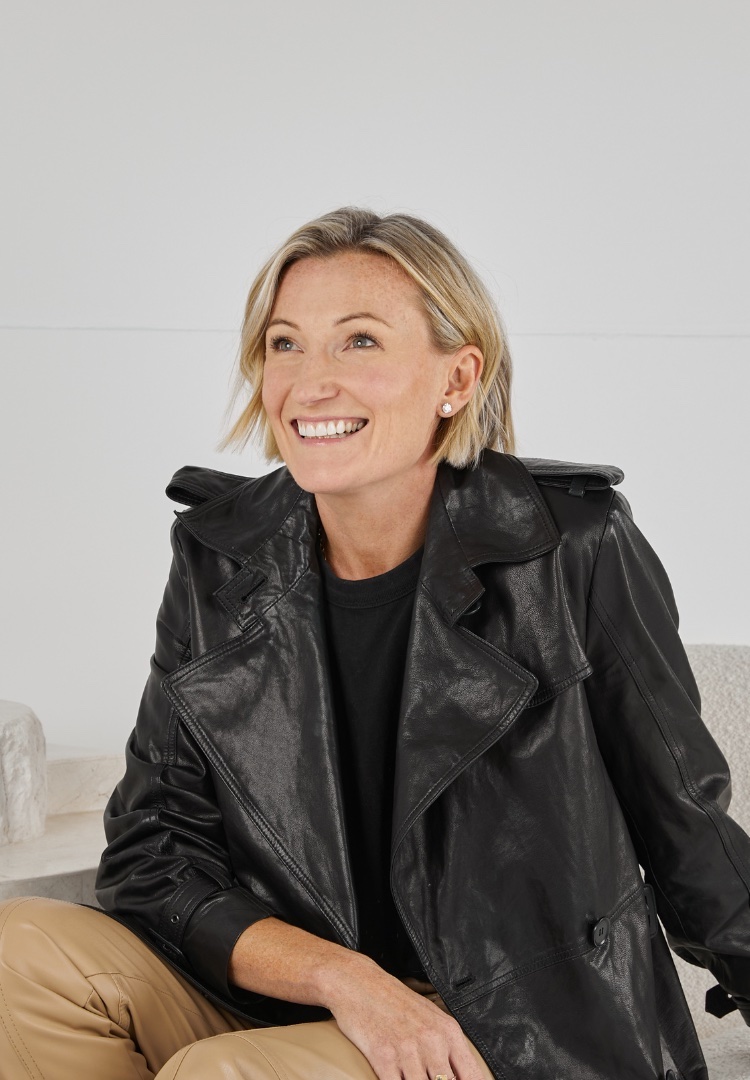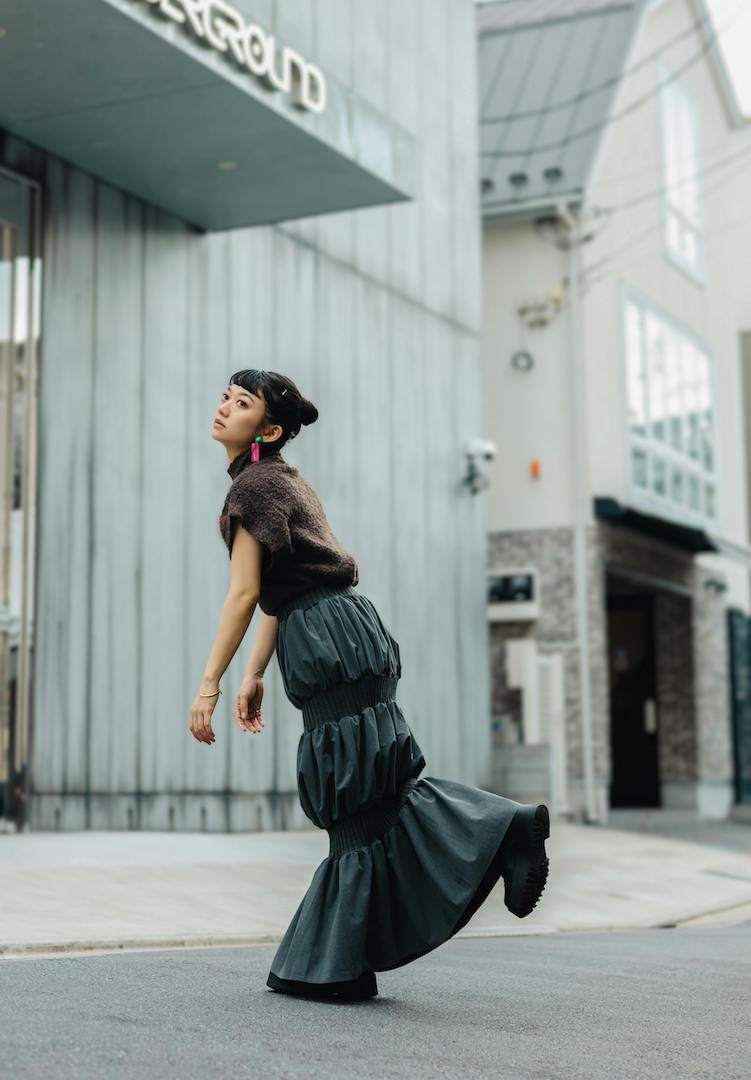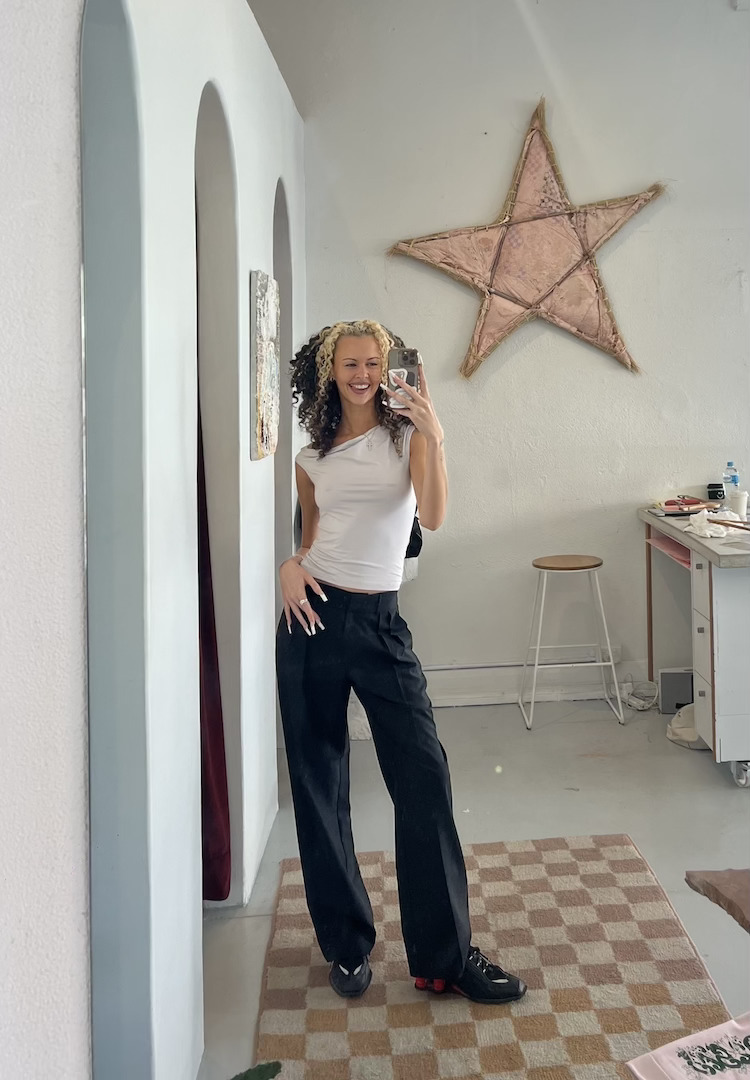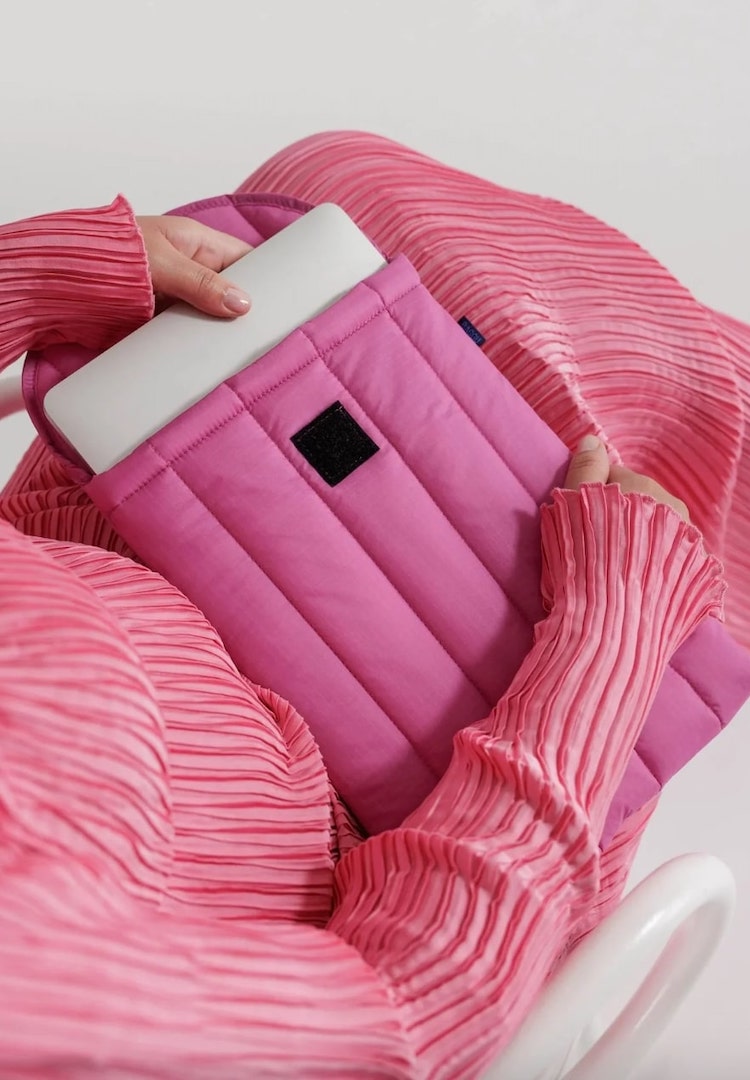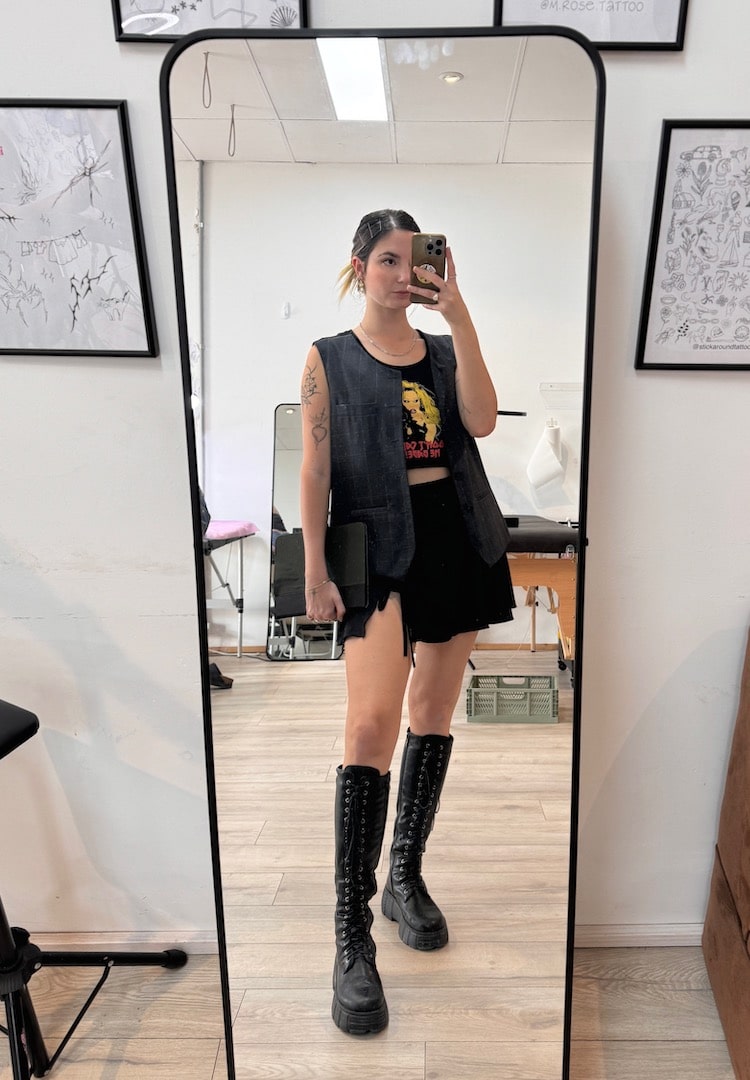How I Got Here: Russh’s digital content director shares what it takes to be successful in media
WORDS BY CAIT EMMA BURKE
“Upskill yourself. Don’t rely on others to do it for you.”
Have you ever stalked someone on LinkedIn and wondered how on earth they managed to land that wildly impressive job? While the internet and social media might have us believe that our ideal job is a mere pipe dream, the individuals who have these jobs were, believe it or not, in the same position once, fantasising over someone else’s seemingly unattainable job.
But behind the awe-inspiring titles and the fancy work events lies a heck of a lot of hard work. So what lessons have been learnt and what skills have proved invaluable in getting them from daydreaming about success to actually being at the top of their industry?
Welcome to How I Got Here, where we talk to women who are killing it in their respective fields about how they landed their awe-inspiring jobs, exploring the peaks and pits, the failures and the wins, and most importantly the knowledge, advice and practical tips they’ve gleaned along the way.
This week, Russh’s Digital Content Director, Mia Steiber, tells us how she landed her dream role and shares what it takes to be successful in media. Mia started out studying journalism at university at a time when journalists all around the country were being made redundant – a very similar climate to how things are for journalists in 2020.
Knowing how difficult it would be to make it in the industry, Mia set out to upskill herself as much as possible – writing articles for free in her spare time in exchange for bylines, undertaking four internships while studying and teaching herself the nitty-gritty of SEO and social media management.
Following university, she landed her first media role at Bauer, but in advertising sales rather than editorial. While she initially regretted taking the role, the skills she cultivated and the connections she made at Bauer helped her throughout her career, and being an editor with sales experience has proved invaluable.
Writing and content creation roles followed, as did an editor role at Finder, before she became the Digital Content Director at Russh. Making the most of every role is second nature to Mia, and taking it upon herself to learn about every component of the media industry is what makes her so good at what she does. Here’s what she’s learnt along the way.
What do you do and what’s your official job title?
I’m the Digital Content Director at Russh. I manage all of our digital outputs and their delivery. I oversee all our digital channels from the direction and production of our website content and the direction of our key social channels. I also handle our SEO strategy, our site design improves, optimisations and work on product development with our engineers.
Take us back to when you were first starting out. Did you study to get into your chosen field, or did you start out with an internship/entry-level role and climb the ladder? Tell us the story.
I studied journalism at university. Back when I was studying, it was an incredibly hard degree to be accepted into, the UAI was in the high 90s. I had to work really, really hard at school to get the marks to even make it in. But it’s all I ever wanted to do. I was very determined. I remember my very first day of university, there was a big announcement that Fairfax was making 500 of its journalists redundant – it was certainly a sign of what was to come. Once I graduated, with four internships and some published content under my belt, it was still extremely difficult to find a job in writing and editorial. I ended up taking my first role in advertising sales at Bauer, in the hope I’d get a foot in the door and be able to move over to editorial eventually. Once I got in, I realised that was not going to be possible. Everyone had the same idea as me.
For the first six months of my career, I regretted this move, but now I realise it was a very smart one. I made sure I stood out as a dedicated and detail-oriented professional who was willing to lend a hand at any task available. It ended up winning me a lot of friends and being at a big company gave me the opportunity to make great connections who eventually helped me along in my career. And later on, as I became more senior, my future employers appreciated an editor with sales experience. It helped me stand out. I realised that all experience is good experience, and sometimes you need to take a few side steps to get where you want to be. But just make sure you have your full heart in every single role you take on, even if it’s not the one you want long term.
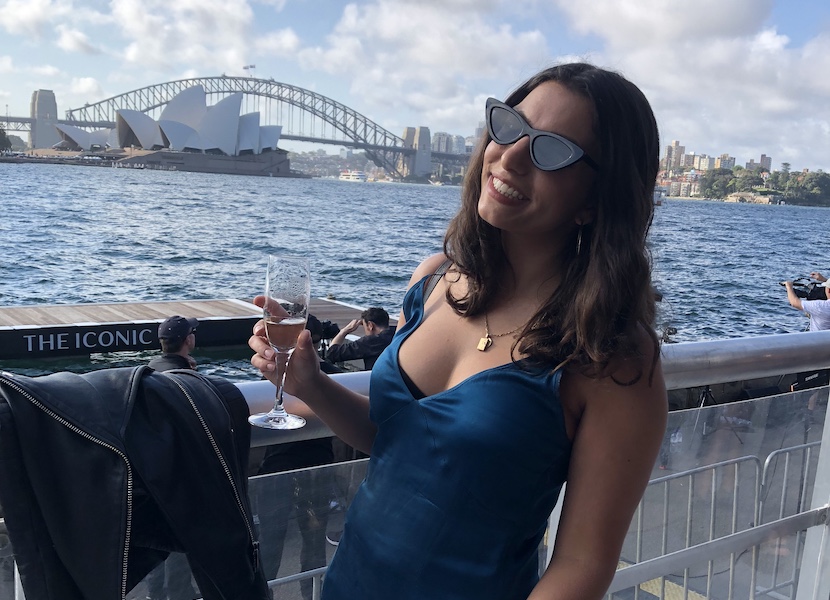
Mia at a work event
What challenges/hurdles have you faced getting to where you are now? Can you tell us about one in particular?
I feel like this is one many people face: so many of the jobs I desperately wanted required so many years of experience for even junior or entry-level roles. I know one of the ways to get this experience is through unpaid internships, but that wasn’t an option for me. My financial situation at the time meant that I needed to work in any spare time I had outside of uni. Unpaid was simply not a possibility. I had to keep a really close eye out for any internship paid opportunities or experience I could gain out of hours. I wrote articles at night which I’d then submit for free in exchange for bylines. But I found once I was onto my third or fourth role in the industry, it becomes easier to network and find the roles that you want.
What do you want people to know about your industry/your role?
I would say, anyone looking to get into this industry should know that roles in media are challenging. They’re fast-paced and require a lot of tenacity. It’s not something I would recommend unless you’re really, truly passionate about this career path. But if you are passionate about it, get as much experience as you can, make as many industry friends as you can and broaden your skills where you can. You can’t just be a writer or sub-editor these days. Convergence of technology means that journalists and content creators need to have at least a basic understanding of SEO, social, image and broadcast production.
What’s the best part about your role?
There are so many amazing parts of my role. Being completely honest, my favourite part of working at Russh is the people. From time to time, the world of media can be unfriendly. My team at Russh are the kindest and warmest people I have ever had the privilege to work with. Russh is a group of crazy-talented creatives and I count myself beyond lucky to be part of this amazing team. I also love how many different areas my role oversees, while still allowing me the ability to write. I love SEO strategy, UX, product development and social media marketing, but my heart will always be in journalism. I love being able to do it all and flex all my professional skills at once.
What would surprise people about your role?
I guess a lot of people wouldn’t expect that I have a lot to do with the technical side of Russh. I do a lot of the product development and I’m generally the first point of call when communicating with our engineers and development team. I led the recent redesign of Russh.com and make sure we’re on top of UX best practice. My role is not just a content-focused one!
What skills have served you well in your industry?
Every single one of my media skills has served me well. Being an all-rounder is a big plus these days. But I would say my knowledge of SEO has gotten me to be where I am. In my last role as Editor of Shopping at Finder, I was the first person in the company promoted into that role, as opposed to hired into it. I was also the first editor to hire and manage a team of people. That only happened because I was extremely diligent about learning and staying up to date with all things SEO. Because my knowledge of this area is so broad, the company wanted me to train others to learn what I knew. I would say my SEO prowess is also what led me to my role at Russh.
What advice would you give to someone who wants to be in a role like yours one day?
Upskill yourself. Don’t rely on others to do it for you. Unfortunately, not every company you’re at is going to look after your career or personal development. And you need to have a path to development to grow as a professional. Learn everything you can. If opportunities arise outside your area to help and support another area of the business, say yes. Find out how every department works. And if you specifically want to be in writing, you’ll need to know how social media and SEO work – at least the basics. There is a tonne of free info out there. Check out the blogs from companies like Distilled, Seer Interactive, Later and Sprout Social. Everything you need to know is available to you if you’re open to finding it.
What about a practical tip?
Make friends. Make friends everywhere. I went into media with zero connections, a daunting prospect given how many times you hear “It’s not what you know, it’s who you know.” But I made a number of close friends at university, and then all those people went into careers in media. All of a sudden I had a big network of professional connections. Make friends at high school, university and at all your jobs. These are the people that could help you get your foot in the door at your next role.
Read the rest of the How I Got Here series here.
Looking to step up to a career in fashion? Each week we send a wrap of industry jobs straight to your inbox. Enter your details below and we’ll keep you in the loop, or browse current openings here.

